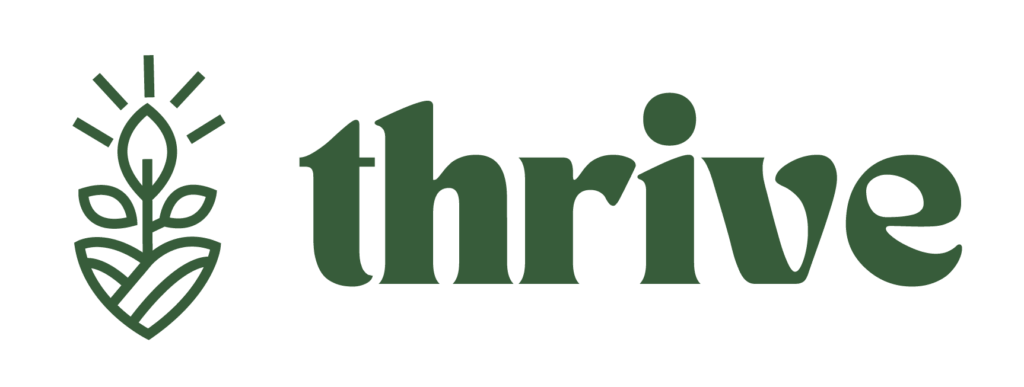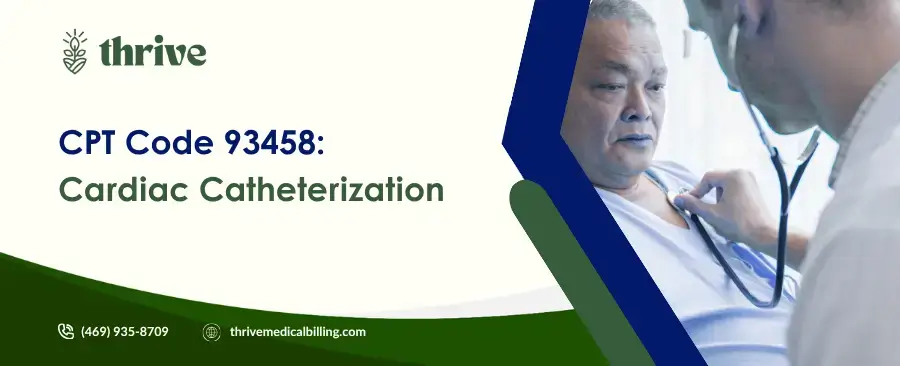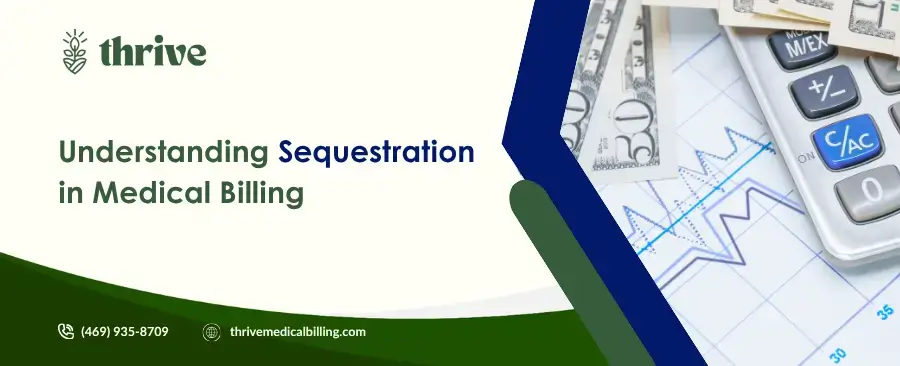Navigating the complexities of medical billing requires a deep understanding of specific codes to ensure accurate reimbursement and compliance. The 90875 CPT code, which covers individual psychotherapy sessions integrated with biofeedback, is a critical tool for mental health providers. This guide provides an in-depth exploration of the 90875 CPT code, including its definition, clinical applications, documentation requirements, billing strategies, and best practices to optimize practice management and enhance patient outcomes.
What Is the meaning of 90875 CPT Code?
The 90875 CPT code, part of the Current Procedural Terminology (CPT) system maintained by the American Medical Association (AMA), is used for individual psychotherapy sessions that incorporate biofeedback techniques. These sessions typically last 20–30 minutes and combine traditional psychotherapy with real-time physiological monitoring to help patients manage conditions such as stress, anxiety, or chronic pain. Biofeedback uses electronic devices to provide feedback on physiological functions like heart rate, muscle tension, or skin temperature, empowering patients to gain control over these responses.
Key Features
- Purpose: Integrates psychotherapy with biofeedback to enhance therapeutic outcomes.
- Session Type: Individual therapy, not group or family sessions.
- Duration: 20–30 minutes, as specified by AMA guidelines.
- Focus: Targets mental and physical health conditions through self-regulation techniques.
- Billing Context: Used primarily in outpatient mental health settings.
Understanding the nuances of this code is essential for accurate billing, compliance with insurance requirements, and delivering effective patient care.
Detailed Description and Components of 90875
The 90875 CPT code is unique in its dual focus on psychotherapy and biofeedback, offering a multidisciplinary approach to mental health treatment. Psychotherapy involves evidence-based techniques such as cognitive-behavioral therapy (CBT), mindfulness, or psychodynamic therapy to address emotional and behavioral issues. Biofeedback complements these interventions by providing real-time data on physiological processes, enabling patients to consciously modify responses like heart rate variability or muscle tension.
Core Components
- Psychotherapy: Utilizes therapeutic interventions to address mental health concerns, including anxiety, depression, or trauma-related disorders.
- Biofeedback: Employs devices to monitor physiological markers (e.g., electromyography for muscle tension, galvanic skin response for stress levels).
- Therapeutic Goals: Enhances self-regulation, reduces symptoms, and improves overall well-being.
- Target Conditions: Effective for anxiety, stress, chronic pain, migraines, hypertension, and other psychophysiological disorders.
- Technology Integration: Requires specialized equipment, such as biofeedback sensors, and trained professionals to interpret data.
Accurate documentation of both psychotherapy and biofeedback components is critical to justify the use of this code and avoid claim denials.
When and How to Use CPT Code 90875
The code 90875 is applied in outpatient mental health settings for individual therapy sessions that actively integrate biofeedback with psychotherapy. Providers must ensure that both components are clearly documented and that the session meets the 20–30 minute duration requirement.
Practical Guidelines for Use
- Verify Insurance Coverage: Confirm with the patient’s insurance provider that combined psychotherapy and biofeedback sessions are covered, as policies vary.
- Document Session Details: Record the specific psychotherapy techniques (e.g., CBT, mindfulness) and biofeedback methods (e.g., heart rate monitoring) used.
- Patient Education: Explain the biofeedback process to patients to enhance engagement and therapeutic efficacy.
- Adhere to Time Requirements: Ensure the session falls within the 20–30 minute range to align with CPT guidelines.
- Use Qualified Providers: Only clinicians trained in both psychotherapy and biofeedback should administer these sessions.
Proper application of the 90875 code reduces the risk of claim denials and supports compliance with payer regulations.
Clinical Applications of Psychotherapy with Biofeedback
The integration of psychotherapy and biofeedback offers a powerful, evidence-based approach to treating a wide range of conditions. By combining psychological interventions with physiological feedback, this method empowers patients to manage both mental and physical symptoms effectively.
Key Clinical Applications
- Stress Management: Teaches patients to regulate stress responses through techniques like controlled breathing or progressive muscle relaxation.
- Anxiety Disorders: Helps patients reduce anxiety by monitoring and controlling physiological markers like heart rate or skin conductance.
- Chronic Pain Management: Assists in alleviating pain from conditions like fibromyalgia or tension headaches by promoting relaxation and reducing muscle tension.
- Migraine Relief: Uses biofeedback to manage triggers and reduce the frequency or intensity of migraines.
- Hypertension: Supports blood pressure control through stress reduction and biofeedback-guided relaxation.
- Insomnia: Enhances relaxation techniques to improve sleep quality.
- Performance Enhancement: Aids in improving focus and emotional regulation for athletes or professionals in high-stress environments.
Benefits
- Empowerment: Patients gain greater control over their physiological responses, fostering self-efficacy.
- Holistic Approach: Combines psychological and physiological interventions for comprehensive care.
- Evidence-Based: Supported by research demonstrating efficacy for psychophysiological conditions.
Providers must be trained in biofeedback protocols and maintain proficiency in using specialized equipment to ensure optimal outcomes.
Documentation Requirements for CPT Code 90875
Thorough and accurate documentation is a cornerstone of compliant billing for the 90875 CPT code. Detailed records validate the services provided, support reimbursement, and ensure regulatory compliance.
Essential Documentation Elements
- Session Duration: Clearly state the session length (20–30 minutes).
- Psychotherapy Details: Specify the therapeutic approach (e.g., CBT, psychodynamic therapy) and goals (e.g., reducing anxiety symptoms).
- Biofeedback Techniques: Document the specific biofeedback methods used (e.g., electromyography, heart rate variability) and the physiological data collected.
- Patient Progress: Note the patient’s response to interventions, including changes in symptoms or physiological markers.
- Equipment Used: List the biofeedback devices employed (e.g., sensors, software) and their role in the session.
- Therapeutic Outcomes: Summarize the session’s impact on the patient’s condition and treatment plan.
Tips for Effective Documentation
- Use standardized templates to ensure consistency.
- Include quantifiable data (e.g., heart rate reduction from 80 to 70 bpm).
- Align documentation with payer-specific requirements to avoid audits or denials.
Robust documentation not only supports billing but also enhances continuity of care by tracking patient progress over time.
Billing and Reimbursement Guidelines
Effective billing for the 90875 CPT code requires alignment with insurance guidelines, accurate documentation, and up-to-date coding practices. Proper billing strategies enhance reimbursement rates and maintain the financial health of mental health practices.
Billing Best Practices
- Verify Payer Guidelines: Check with insurers for specific requirements, such as pre-authorization or documentation standards.
- Use Updated Billing Software: Ensure software includes the 90875 code and reflects current CPT guidelines.
- Collaborate with Billing Specialists: Work closely with billing teams to review claims for accuracy before submission.
- Monitor Coding Updates: Stay informed about AMA and payer guideline changes to avoid errors.
- Submit Timely Claims: Adhere to payer deadlines to prevent denials due to late submissions.
Reimbursement Considerations
- Insurance Variability: Reimbursement rates vary by insurer and plan; confirm coverage details in advance.
- Modifier Usage: Use appropriate modifiers (e.g., -25 for significant, separately identifiable services) if required by the payer.
- Audit Preparedness: Maintain detailed records to support claims in case of payer audits.
Proactive billing practices reduce claim denials and ensure timely reimbursement for psychotherapy with biofeedback services.
Common Mistakes and How to Avoid Them
Errors in using the 90875 CPT code can lead to claim denials, financial losses, and compliance issues. Awareness of common pitfalls and proactive strategies can mitigate these risks.
Frequent Errors
- Incomplete Documentation: Failing to detail both psychotherapy and biofeedback components or omitting physiological data.
- Incorrect Coding: Confusing 90875 with similar codes like 90834 (psychotherapy only, 45 minutes) or 90901 (biofeedback only).
- Non-Compliance with Time Requirements: Billing for sessions outside the 20–30 minute range.
- Lack of Training: Using biofeedback without proper certification or expertise.
- Outdated Coding Knowledge: Failing to stay updated on CPT guideline changes.
Avoidance Strategies
- Comprehensive Documentation: Use checklists or templates to ensure all required elements are recorded.
- Pre-Submission Review: Double-check coding and documentation for accuracy before submitting claims.
- Continuous Education: Attend AMA webinars, coding workshops, or certification programs to stay current.
- Invest in Training: Ensure providers are certified in biofeedback techniques through accredited programs.
- Leverage Technology: Use electronic health record (EHR) systems with built-in coding validation tools.
By addressing these issues, providers can streamline billing processes and maintain compliance.
90875 vs. Related CPT Codes
Accurate code selection is critical to avoid billing errors and ensure proper reimbursement. The 90875 CPT code is distinct from related codes in the mental health and biofeedback categories.
Key Comparisons
- 90875: Psychotherapy with biofeedback, 20–30 minutes, individual sessions.
- 90834: Individual psychotherapy without biofeedback, typically 45 minutes.
- 90837: Individual psychotherapy without biofeedback, typically 60 minutes.
- 90901: Biofeedback training without psychotherapy, any duration.
- 96130–96133: Psychological or neuropsychological testing, not applicable to therapy sessions.
Selection Tips
- Use 90875 only when both psychotherapy and biofeedback are actively provided in a 20–30 minute session.
- Verify session duration and components before selecting a code.
- Consult payer guidelines to confirm code applicability and avoid overlap with other services.
Correct code selection enhances billing accuracy and reduces the risk of claim denials.
Best Practices for Providers and Billing Specialists
Adopting best practices ensures the effective use of the 90875 CPT code, improving billing accuracy and patient care.
Recommendations
- Foster Interdisciplinary Collaboration: Encourage regular communication between providers, billing specialists, and administrative staff to align on coding and documentation.
- Invest in Training: Ensure providers are certified in biofeedback through organizations like the Biofeedback Certification International Alliance (BCIA).
- Use Technology: Implement EHR systems with coding prompts and compliance checks to streamline documentation.
- Stay Updated: Subscribe to AMA newsletters, attend coding webinars, and review payer policies regularly.
- Monitor State Regulations: Be aware of state-specific billing and licensure requirements for biofeedback services.
- Engage Patients: Educate patients about the benefits of biofeedback to improve adherence and outcomes.
These practices enhance billing efficiency, reduce errors, and support high-quality patient care.
Staying Updated: Changes and Compliance
CPT codes, including 90875, are subject to periodic updates by the AMA, making ongoing education critical for compliance.
Compliance Strategies
- Subscribe to AMA Resources: Access newsletters, coding manuals, and online portals for real-time updates.
- Participate in Training: Attend workshops, webinars, or conferences focused on medical coding and billing.
- Engage Professional Networks: Join organizations like the American Psychological Association (APA) or BCIA for coding guidance.
- Review State Guidelines: Regularly check state-specific regulations to ensure compliance with local requirements.
- Conduct Internal Audits: Periodically review billing practices to identify and correct errors.
Proactive engagement with updates minimizes compliance risks and supports accurate billing.
Frequently Asked Questions about CPT Code 90875
Common Queries
- What services does the 90875 code cover?
It covers individual psychotherapy sessions (20–30 minutes) that integrate biofeedback to address mental and physical health conditions. - How is biofeedback integrated with psychotherapy?
Biofeedback provides real-time physiological data (e.g., heart rate, muscle tension) to enhance psychotherapy interventions, helping patients manage stress or pain. - Are there specific training requirements for providers?
Yes, providers must be trained in both psychotherapy and biofeedback, ideally with certification from organizations like BCIA. - Can 90875 be used for group therapy?
No, it is specific to individual sessions; group therapy requires different codes. - How do I handle claim denials for 90875?
Review the denial reason, ensure documentation is complete, and resubmit with corrected information or appeal with supporting records. - Is pre-authorization required?
It depends on the insurer; always verify coverage and pre-authorization requirements before billing.
Addressing these questions with billing teams or payers clarifies usage and ensures compliance.
Conclusion
The 90875 CPT code is a vital tool for mental health providers offering psychotherapy with biofeedback. Its accurate use requires thorough documentation, adherence to billing guidelines, and ongoing education to stay compliant with AMA and payer requirements. By mastering the nuances of this code, providers can enhance patient outcomes, streamline billing processes, and maintain the financial health of their practice. Proper coding reflects professional integrity and supports the delivery of high-quality, evidence-based care.







